The launch of Myanmar Narrative, the official think tank under the State Administration Council (SAC), Ministry of Information, saw non-governmental representation from five countries. India, Russia, Thailand, China and Japan, apart from top officials from the SAC, Tatmadaw and distinguished guests. The quiet city of Naypyidaw came alive with a grand dinner with performances representing the ethnic diversity of Myanmar, followed by a full-day event of panel discussions around the topic Challenges and Opportunities for Myanmar, 2025. With talks of elections taking place early next year even while Ethnic Armed Organisations (EAOs) control vast territory, the most anticipated aspect of the event was Senior General Hlaing’s inaugural address.
I had the opportunity to travel across the country recently. On my field trip, having met all stakeholders, including those aligned with the SAC and the Tatmadaw and those opposing it, the one aspect that was common was that no side believed that the outside world understood the situation in Myanmar. Though, it has to be said that the EAOs and other resistance groups have “ media in exile”, like the Irrawaddy in the English language; the SAC has barely any information that is disseminated to a wider audience. The launch of Myanmar Narrative was a special insight into the aspirations for the future of Myanmar, the politics between the EAOs and the SAC and the much-anticipated elections.
Myanmar since the coup in 2021 has been in a state of chaos. There has been immense interest in the conflict that has ensued. For the West, the interest has been based on “restoring democracy”, and so has their tacit support for the EAOs; for India, it has been the impact of the conflict on its northeastern borders and its Act East policy, and for China, it has been the safeguarding of its assets in Myanmar, such as the Kyaukphyu port.
Apart from the obvious, there is also the illegal drug production and trafficking, the cyberscam industry , critical earth mining, amongst other illegal activities. Though the interests of the international community in Myanmar may be different, the one aspect of the chaos that is common for all is the importance of the elections and restoration of democracy. Even for the Tatmadaw, contrary to public perception, the election is a necessary next step.
For India, a disintegrated Myanmar would spell disaster, with multiple EAOs controlling territory, highways and key trade routes; negotiating would be a hard task and a diplomatic nightmare with the SAC. The disintegration would also mean further migration and the spillover of the conflict in our northeastern borders.
In the case of China, Beijing has been advocating for the restoration of democracy in order to primarily limit Western influence. Additionally, the Chinese realise that by pushing for early elections, the current regime’s legitimacy will increase internationally, resulting in some stability. China’s border trade and infrastructure projects are heavily reliant on a stable Myanmar. Most importantly, it also showcases to the world the increasing influence of China in Myanmar.
The US perhaps is inconsiderate of the unity of Myanmar and prioritises the removal of the current regime. The relationship between the junta and the US has been strained at the very least. Furthermore, the US wants to counter China, maybe even India, by gaining favour with the EAOs on the plank of restoring “real democracy” and separating the junta from politics. A nearly impossible task in the near future, considering the 2008 Constitution of Myanmar guarantees 25 per cent of the parliamentary seats to the military junta.
Even though there is no consensus on the proposed elections with the EAOs ready to boycott it, the military junta seems to have direction. Senior General Hlaing, at the launch of Myanmar Narrative, spoke extensively on his proposed plan for the country. Abandoning his written speech, he spoke extempore, highlighting time and again for over forty minutes of his speech the importance of elections for Myanmar. He spoke about increased contact with the global community and the opportunities it would provide for Myanmar, improving the image of the country.
However, the senior general also stressed the ongoing conflict within the country. He repeated that “ without unity, we cannot have a peaceful nation”, and with external interference, it had been difficult to achieve the ideal situation. While he stated that he accepts that a multi-party democratic system would be best suited for Myanmar, based on democracy and federalism, it would not be possible without peace.
In his speech , he envisioned an independent foreign policy in an emerging new world order. He suggested that countries like India, Russia and China were challenging the domination of superblocks, and in the future it would be the regional blocks that would be important for Myanmar. Senior Gen Hlaing spoke of his plan for the economy and technology and for education, emphasising the fact that an abysmal 30 per cent of students pass examinations for industrialised agriculture, amongst other areas, but he stressed the importance of stability for any achievement in the future. The caveat that was repeated throughout the speech was “peace”.
For the SAC and the Tatmadaw, the Myanmar Narrative is a big step forward. Known to be highly secretive, they seemed to have somewhat relented to the idea that in a world where information is key to perception building, outreach is important. However, with the possibility of elections being fought only in 110 townships out of 330 townships, the elections are already being criticised by the EAOs as well as the National Unity Government (NUG) as a sham.
Before the massive 7.7 magnitude earthquake that hit the Southeast Asian nation on March 28, 2025, there were expectations that the Tatmadaw would push to bring more territory under its control. However, after the earthquake it seems unlikely even though the offensive against the EAOs continues. Any further action that affects civilians on the ground could jeopardise the SAC’s future ambitions as well as further alienate the international community.
The elections which are slated for early 2026 will in all likelihood take place irrespective of the protests by EAOs and the NUG. It will not just extend limited legitimacy to the SAC but also provide an honourable exit to Senior General Hlaing from a situation where the international pressure and push for democracy have only increased.
Additionally, the chances are that the nationalist, Tatmadaw-backed United Solidarity and Development Party (USDP) will come to power. The USDP was founded by former Prime Minister Thein Sein to fight the 2010 general elections and has been one of the two major political parties in Myanmar, the other being Aung San Suu Kyi’s National League for Democracy (NLD).
However, the NLD refused to comply with the party registration laws. Tun Myint, the secretary of the Yangon region executive committee, had said that NLD would not register with any election authorities as they had been established by the “illegitimate military council”. This has left the NLD out of the impending elections.
Myanmar is in the middle of a major churn. The elections will be a turning point. Bringing some stakeholders closer and alienating some even further. While Senior General Hlaing hopes for ‘stability’ and ‘peace’, the chances are that he will have to go ahead with the elections irrespective of the situation. Having met various EAOs on my field trip, what is certain is that they are ready to continue the fight and won’t relent until the 2008 constitution is dissolved.
Stability and peace are not going to be easily achievable under the circumstances; the chaos will continue. In the conflict where both sides claim to be fighting for the people, the civilians will continue to suffer, and like all conflicts today, expect no decisive winners.
Rami Niranjan Desai is an anthropologist and a scholar of the northeast region of India. She is a columnist and author and presently Distinguished Fellow at India Foundation, New Delhi. Views expressed in the above piece are personal and solely those of the author. They do not necessarily reflect the views of Firstpost.


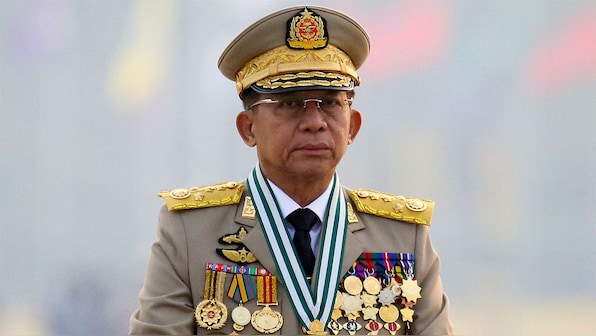)
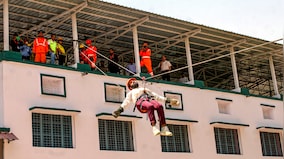)
)
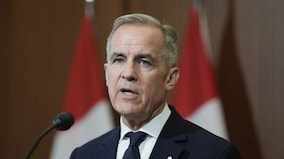)
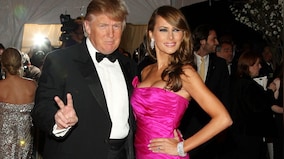)
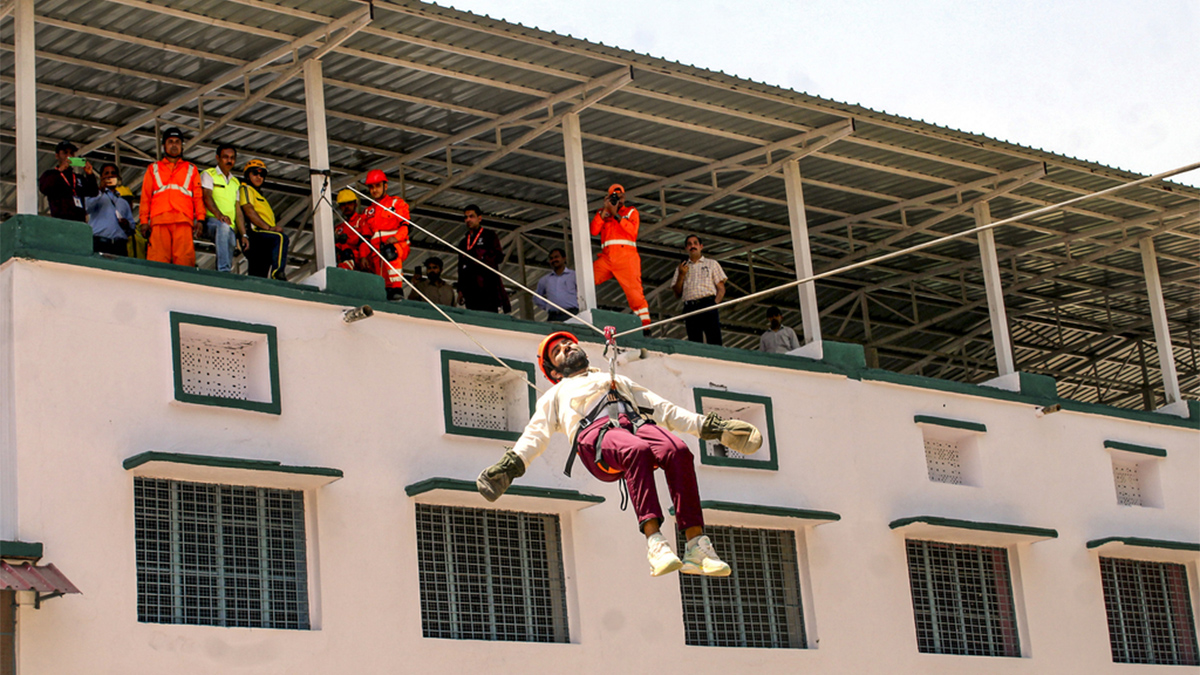)
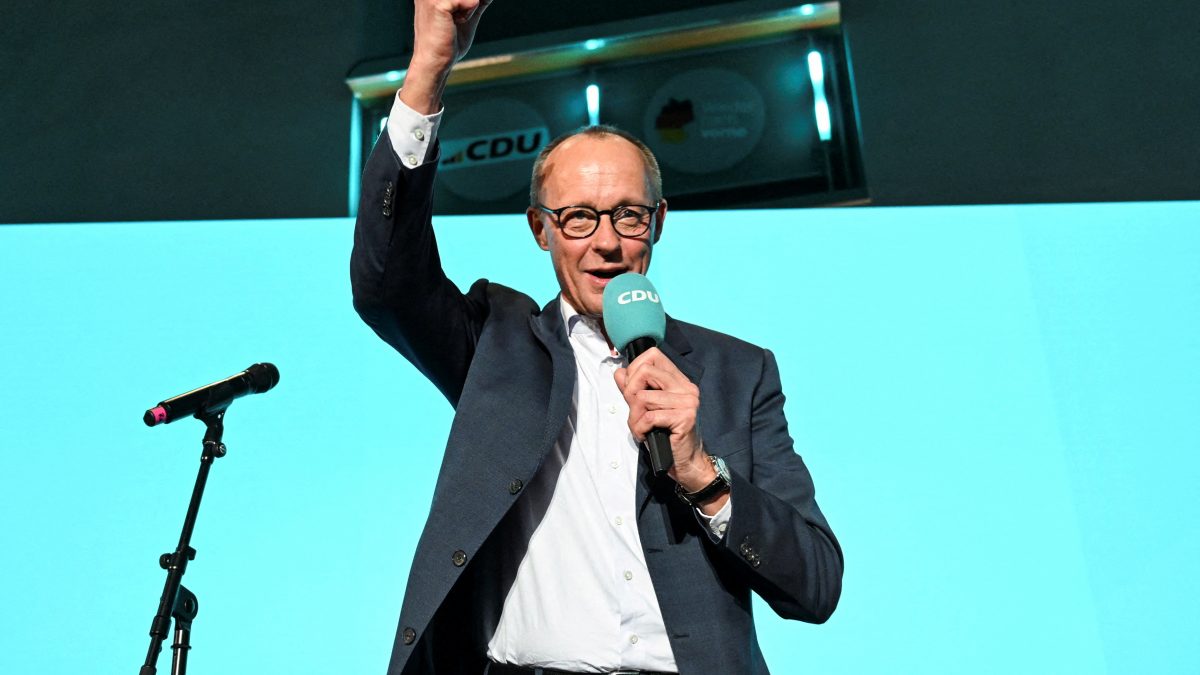)
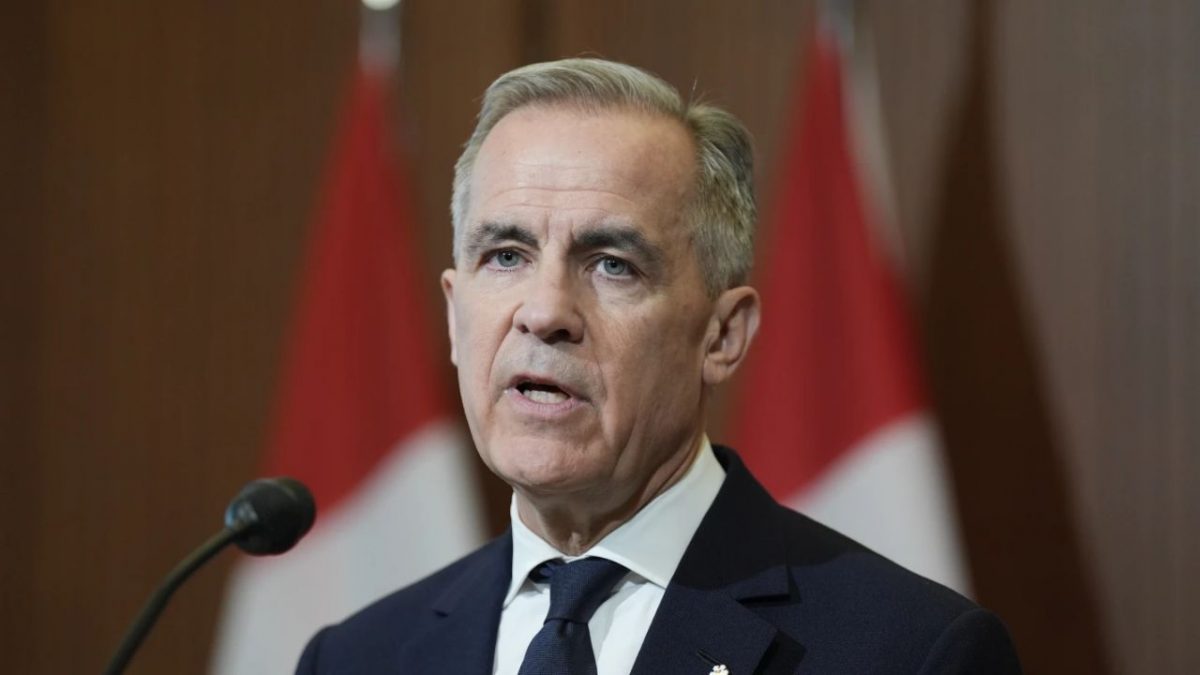)
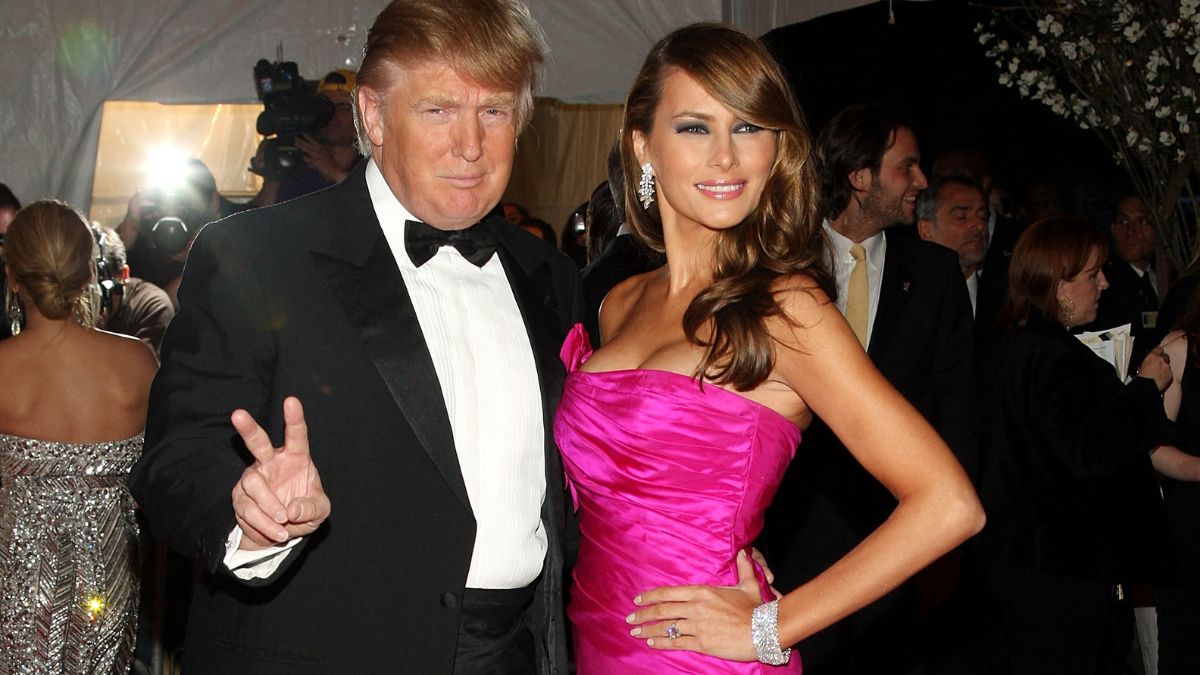)